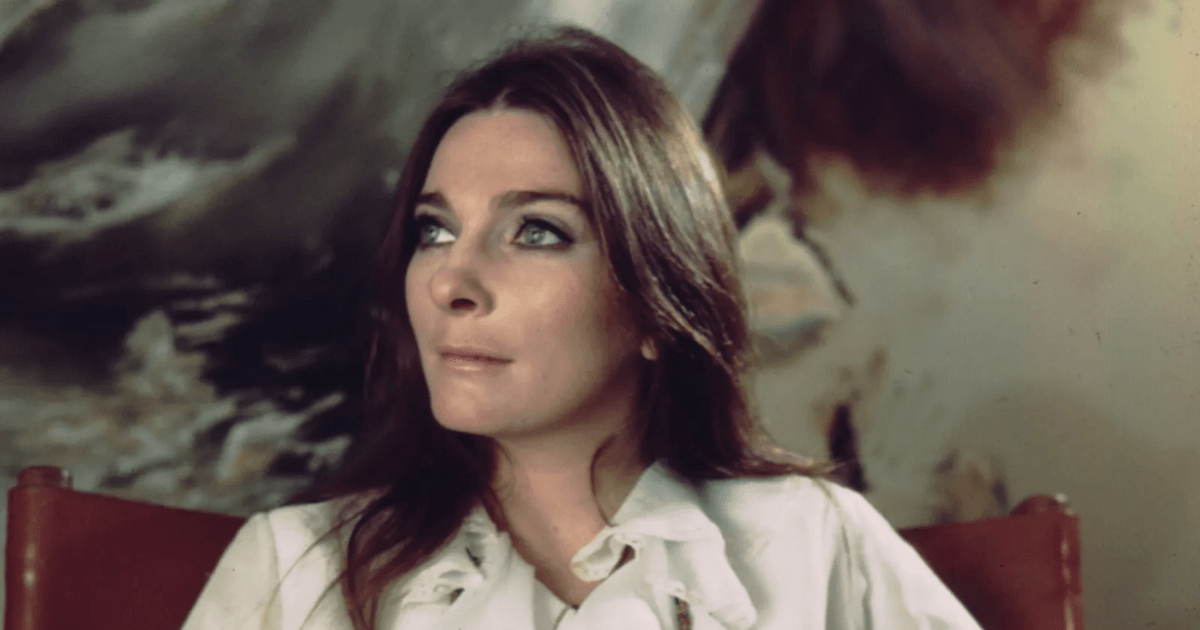About the song
Released in 1969 on Judy Collins’s acclaimed album Who Knows Where the Time Goes, “Someday Soon” stands as one of the most enduring and emotionally resonant recordings of her career. Although the song was originally written by Canadian folk singer Ian Tyson, it is Collins’s delicate yet powerful interpretation that elevated it into a beloved classic of American folk and country-infused storytelling. Her rendition captures the bittersweet longing, youthful boldness, and emotional honesty at the heart of the song, transforming it into an anthem for anyone who has dared to love against expectation or convention.
At its core, “Someday Soon” is a coming-of-age narrative told from the perspective of a young woman who falls in love with a cowboy—an adventurous, free-spirited figure whose wandering lifestyle and unpredictable future set him at odds with her parents’ expectations. The conflict is particularly centered around her father, who disapproves of the young man “’cause he’s wild.” In this tension between familial duty and personal desire, the song captures a universal human experience: the moment when someone realizes that their own heart may lead them down a different path than the one laid out for them.
What makes Judy Collins’s version especially compelling is the luminous purity of her voice, which brings warmth and emotional depth to the storytelling. Collins has long been celebrated for her pristine soprano and her ability to inhabit the emotional world of a song with clarity and grace. On “Someday Soon,” her vocal delivery is gentle yet assured, conveying both the innocence of first love and the quiet determination of someone who knows she must follow her own truth. Her phrasing—light, natural, and subtly expressive—lets each line unfold with a conversational intimacy, making listeners feel as though they are being let in on a private confession.
Musically, the song blends the sensibilities of folk, country, and singer-songwriter traditions. The arrangement features acoustic guitar, soft percussion, and fiddle lines that nod to Western music without overwhelming the delicate vocal performance. This balance is part of what gives Collins’s version its timeless quality: it feels rooted in the folk revival of the 1960s but also resonates with a broader audience that connects with its emotional storytelling. The production is clean and understated, allowing the lyrics and Collins’s voice to remain at the center.
Lyrically, “Someday Soon” paints a vivid portrait of youthful longing and the magnetic pull of a love that feels both exhilarating and dangerous. Lines like “My parents cannot stand him ‘cause he rides the rodeo” reflect the cultural tensions of the era—between traditional expectations and the spirit of independence that defined much of the 1960s. Yet the song’s emotional core transcends time. Many listeners, regardless of generation, find themselves reflected in the narrator’s internal conflict: the desire to hold on to love even when it seems uncertain, risky, or frowned upon by others.
The refrain, “Someday soon, going with him someday soon,” captures the sense of inevitable movement that runs through the song. The narrator knows she cannot stay bound by her parents’ fears or by the conventions of her small-town life. There is a wistful understanding that the future is uncertain, especially with someone who “works the rodeos,” but there is also a hopeful confidence that love is worth the leap. Collins’s voice elevates this refrain into a promise—soft, almost trembling, yet filled with the strength of someone who has decided to live life on her own terms.
Over the decades, Judy Collins’s “Someday Soon” has remained an essential piece of the American folk canon. Its emotional sincerity, narrative elegance, and musical richness continue to resonate with both longtime fans and new listeners discovering Collins’s work for the first time. The song’s blend of vulnerability and courage reflects one of the defining qualities of Collins’s artistry: her ability not just to perform a song, but to reveal the emotional truth within it. “Someday Soon” endures because it speaks to the part of the human spirit that yearns for freedom, embraces love wholeheartedly, and dares to chase a future shaped by one’s own heart.
